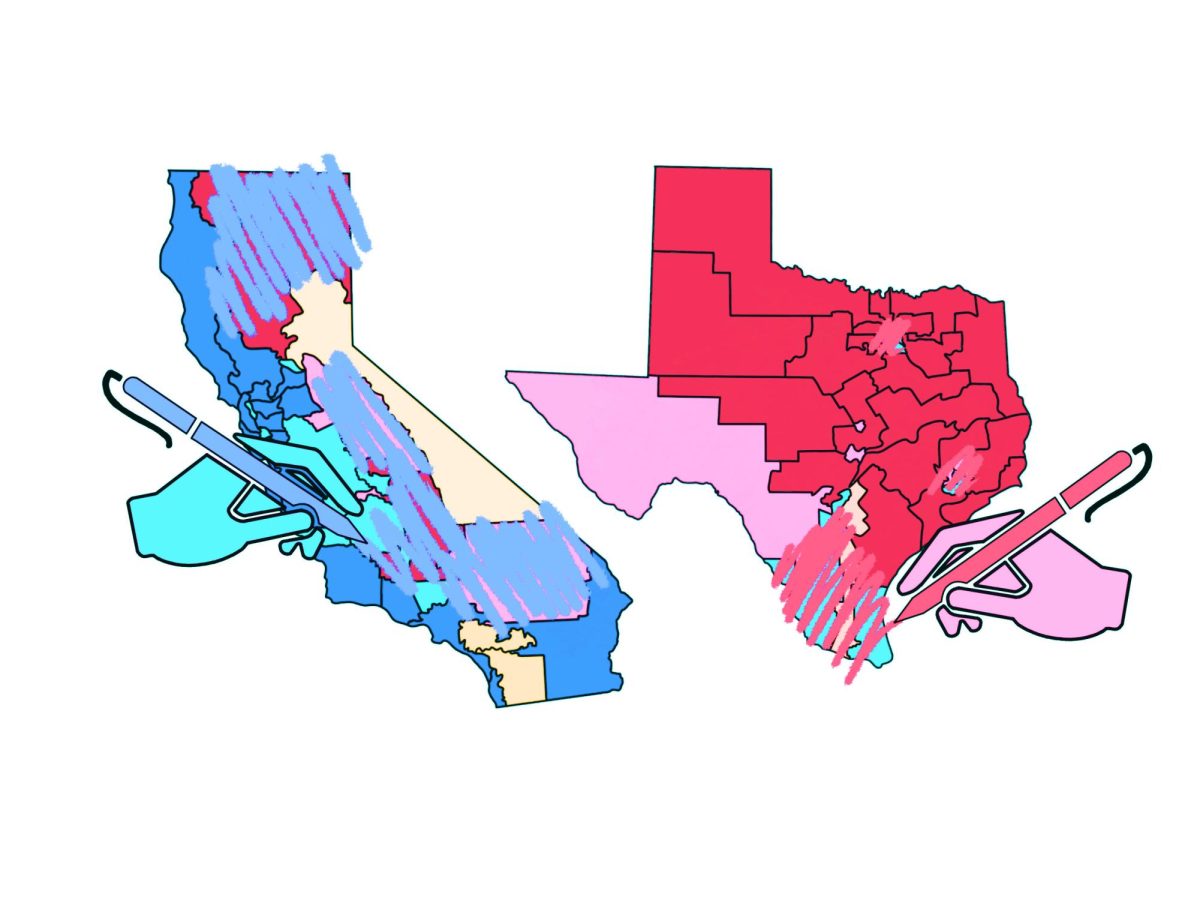More than 220,000 people across a 700 mile area depend on Dallas Area Rapid Transport (DART) everyday. Yet, despite its wide reach and continued growth, budget cut enforcements could leave the service crippled and unable to serve North Texas communities.
Since the bill’s proposal in late February, DART has been faced with legislation that could drastically impact the entire system’s operations and development, seeking to strip away funding from the program. The bill aims to take away some of DART’s budget and reallocate it elsewhere.
“There are two identical bills that have been filed in the House and the Senate that look to defund DART by $235 million in year one and 25 percent in perpetuity — this will drastically reduce revenue needed for transit investments by $7 billion over a 20-year period,” Anna Kurian, the Vice President of Public Relations for DART, said. “In the first year alone, our operating revenues will drop by 34 percent, resulting in devastating cuts for the entire regional transit system at a time when we are on track to achieve the highest ridership in the history of DART in 2026.”
The bill currently being heard in the Texas House is HB 3187, which has not been voted out of the committee yet.
“In order for this bill to become a law it would have to be voted out of the House and the Senate,” Kurian said. “And get signed off by the governor before the end of this year’s legislative session. If these bills were to be signed into law they would go into effect in September of 2025.”
For those in need of the DART system everyday, this could have serious consequences and impacts on their everyday lives, limiting reach and fast mobility. For the future, this could lead to the delay, or even the end of upcoming projects.
“The system was built and voted on by the people. Our riders are students, workers, families and game day riders,” Kurian said. “We have programs for low income persons to help them with their fares — the system is for the people. The consequences of reduced funding are that we would have to reduce our services — both for bus and rail, and our upcoming Silverline Regional Rail Project.”
While DART has been continually monitoring the bill’s progress, new solutions to the cutbacks have been proposed.
“The alternative solutions to what is being proposed in the legislature is to have these discussions at the city level which DART is actively doing,” Kurian said.








